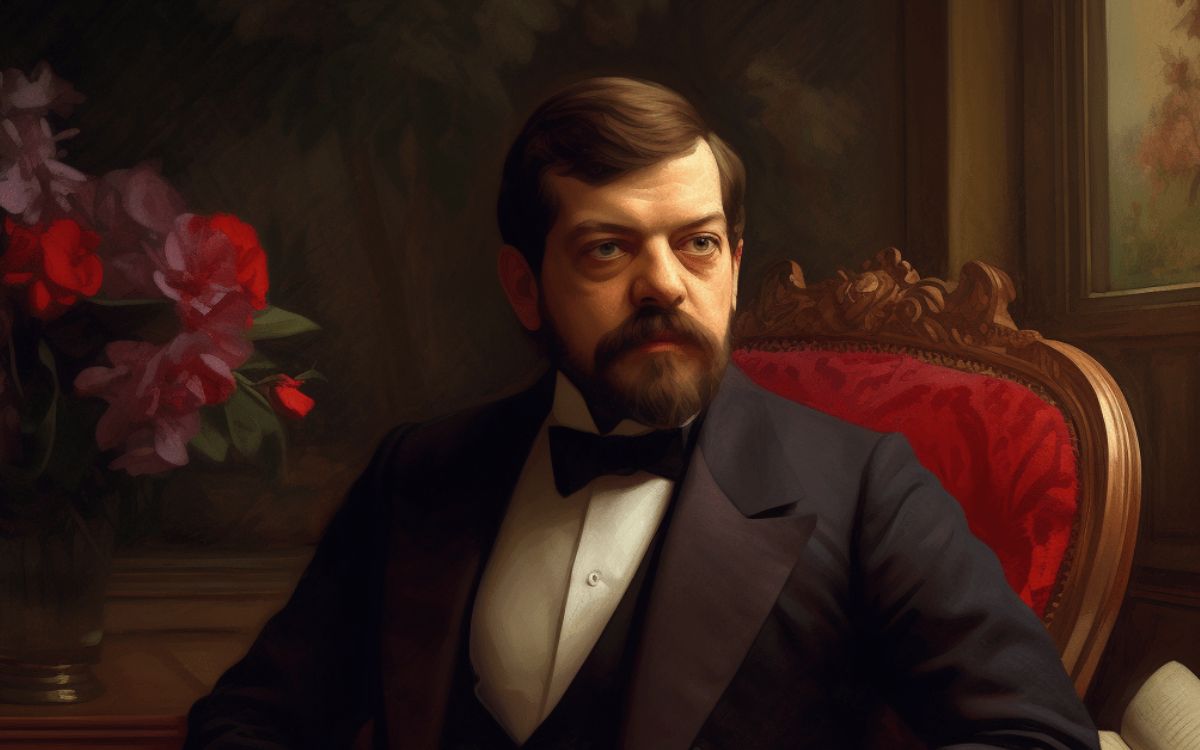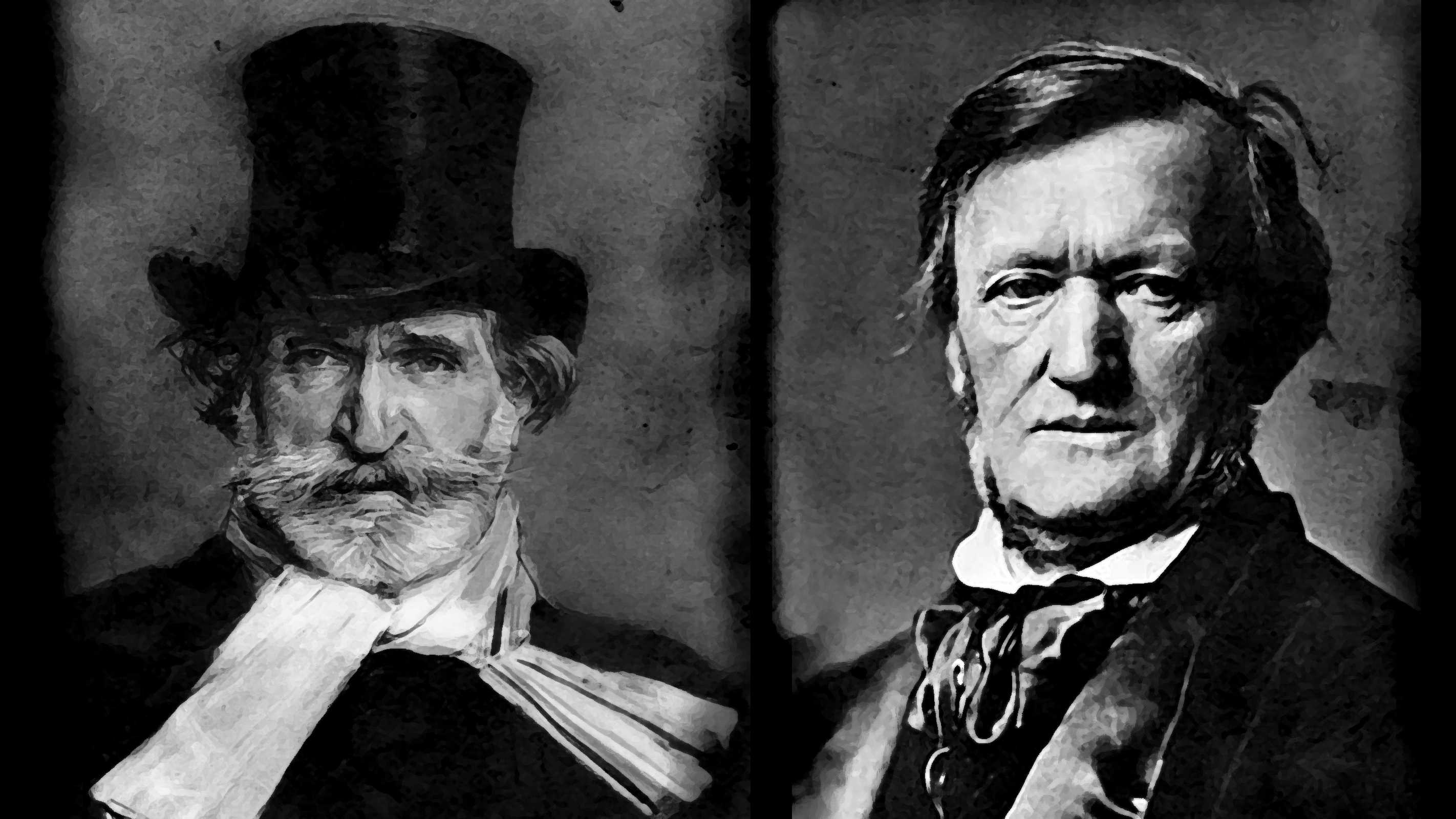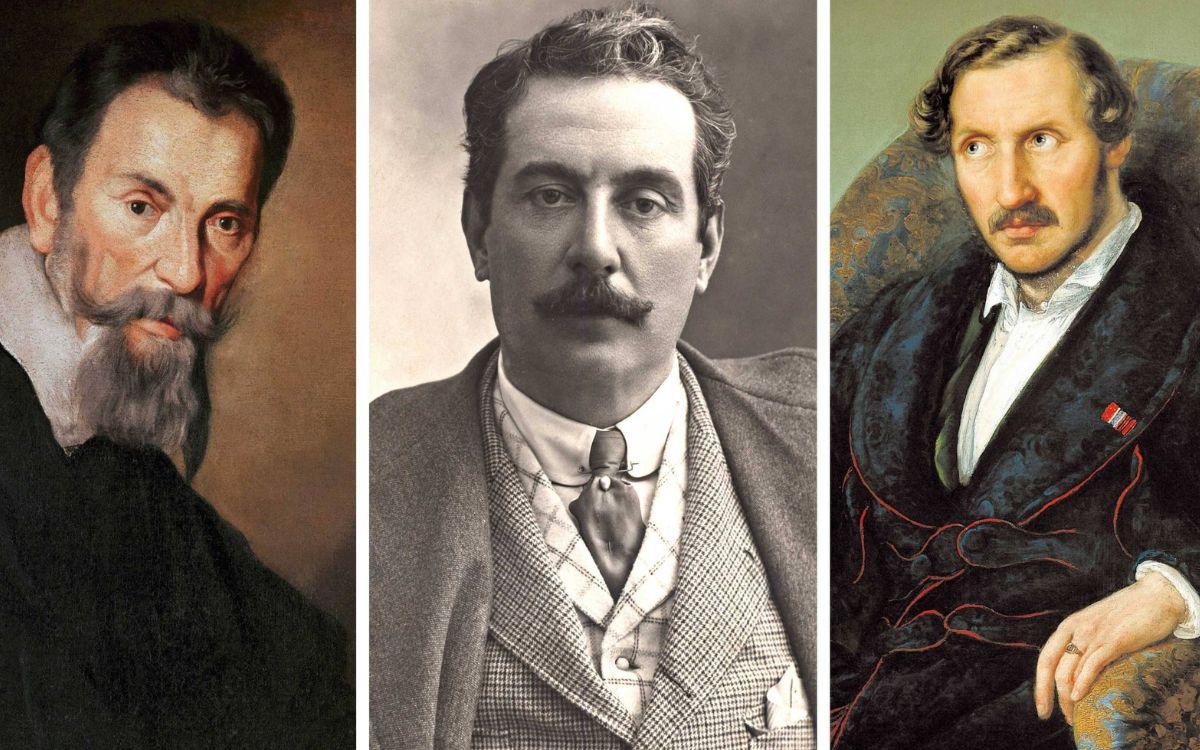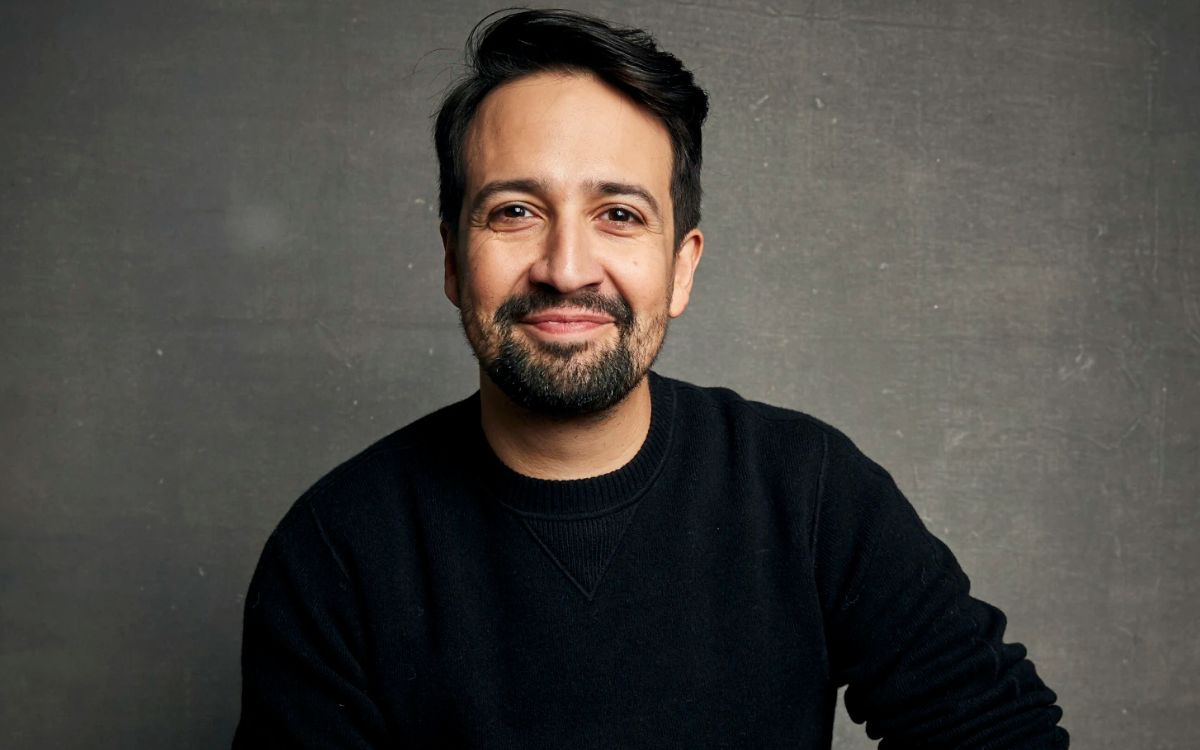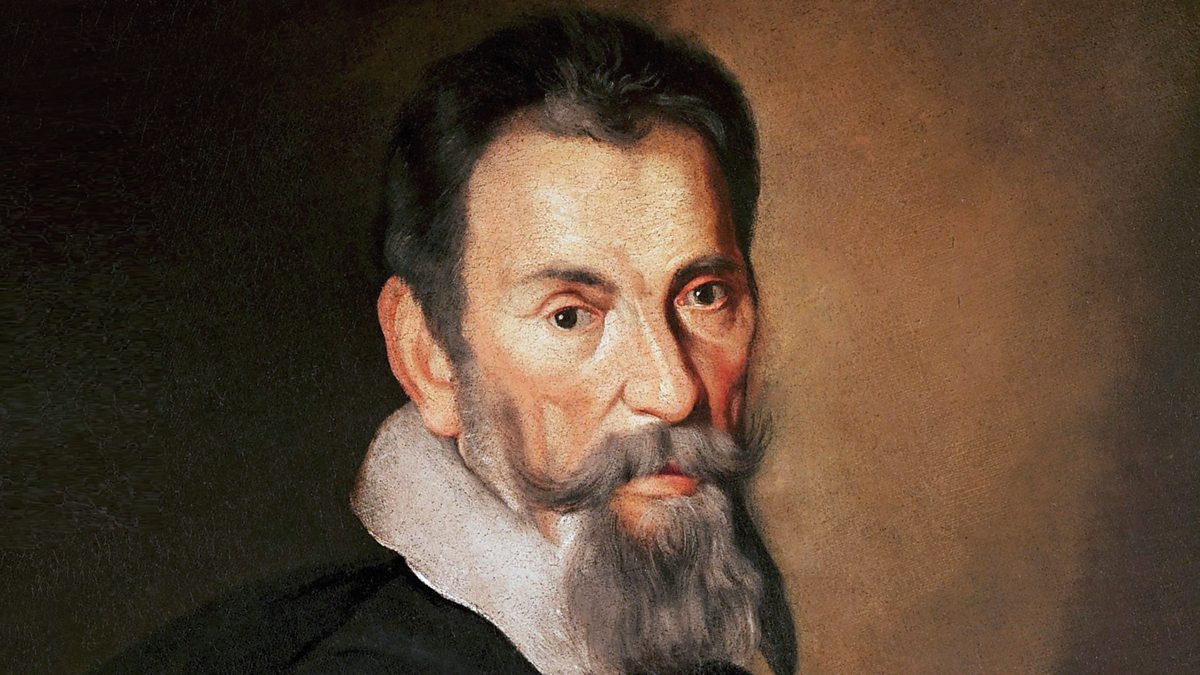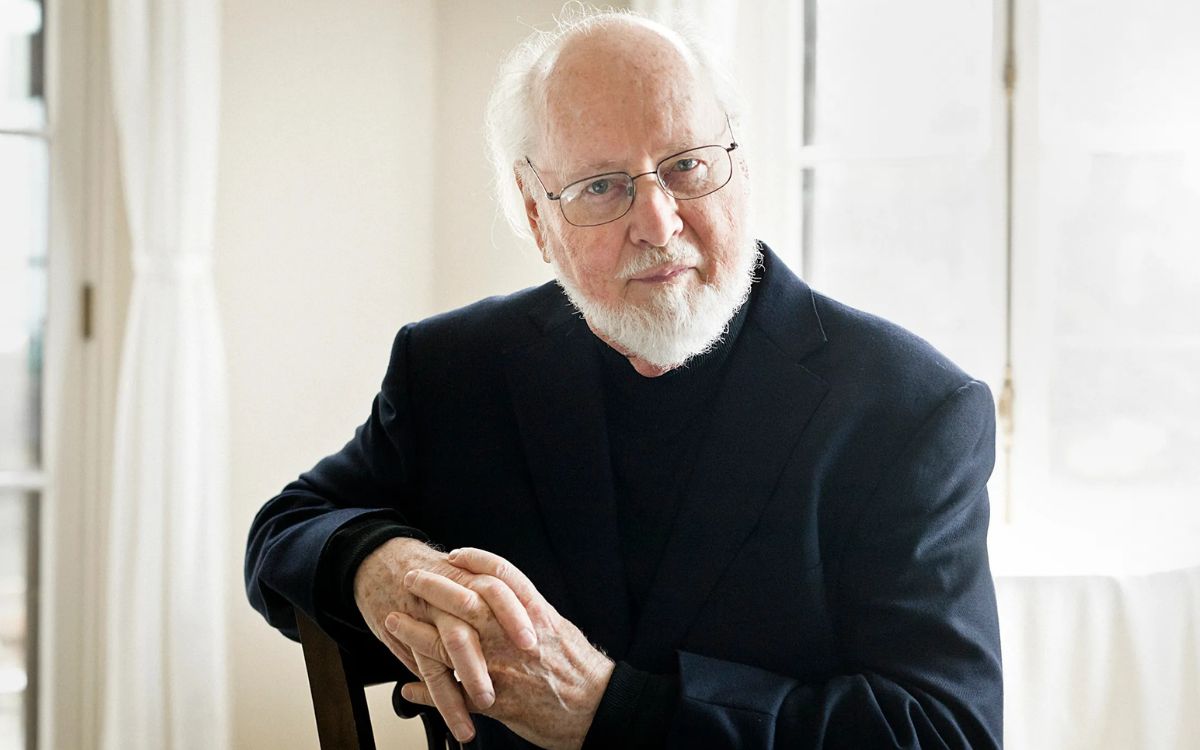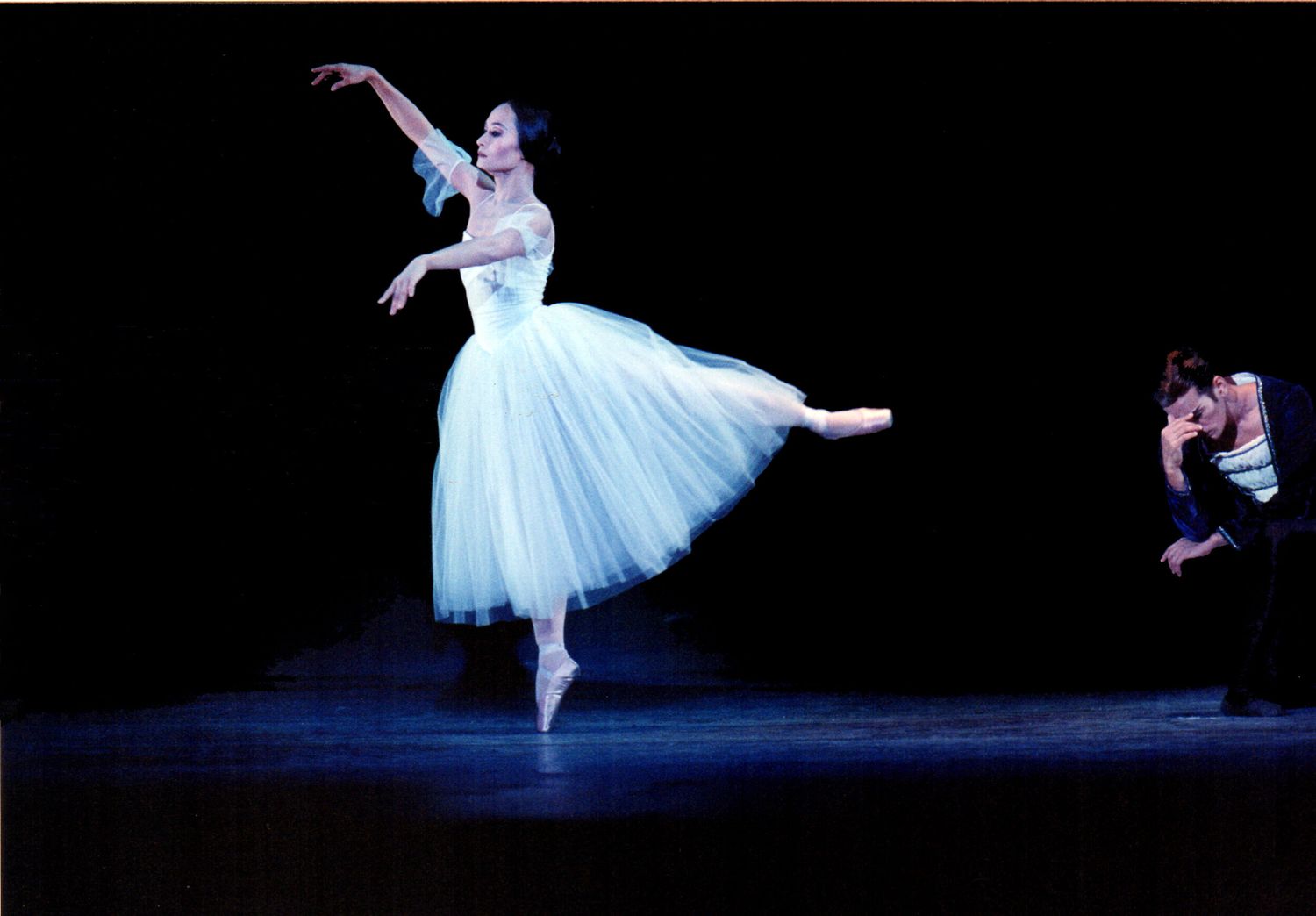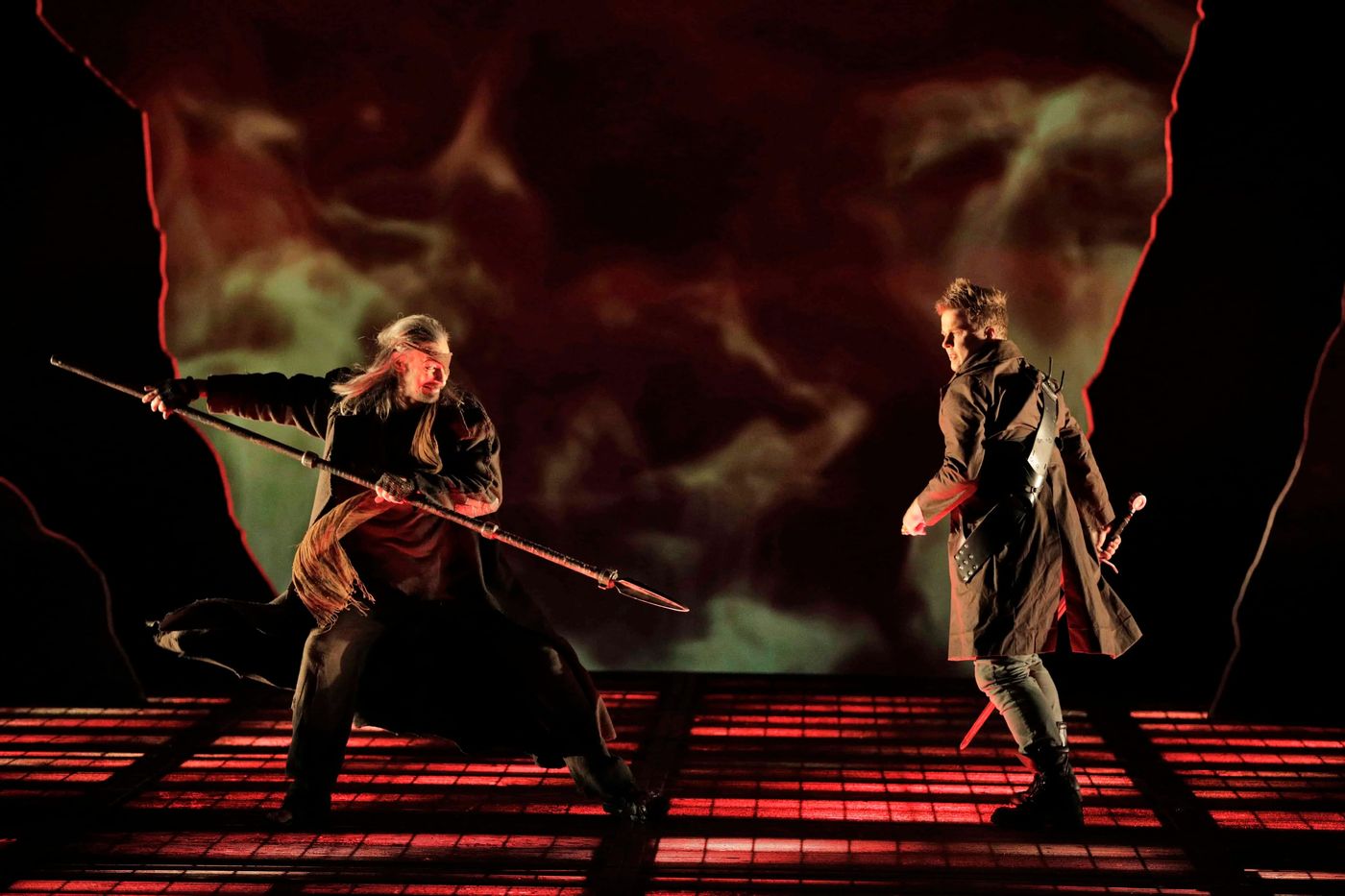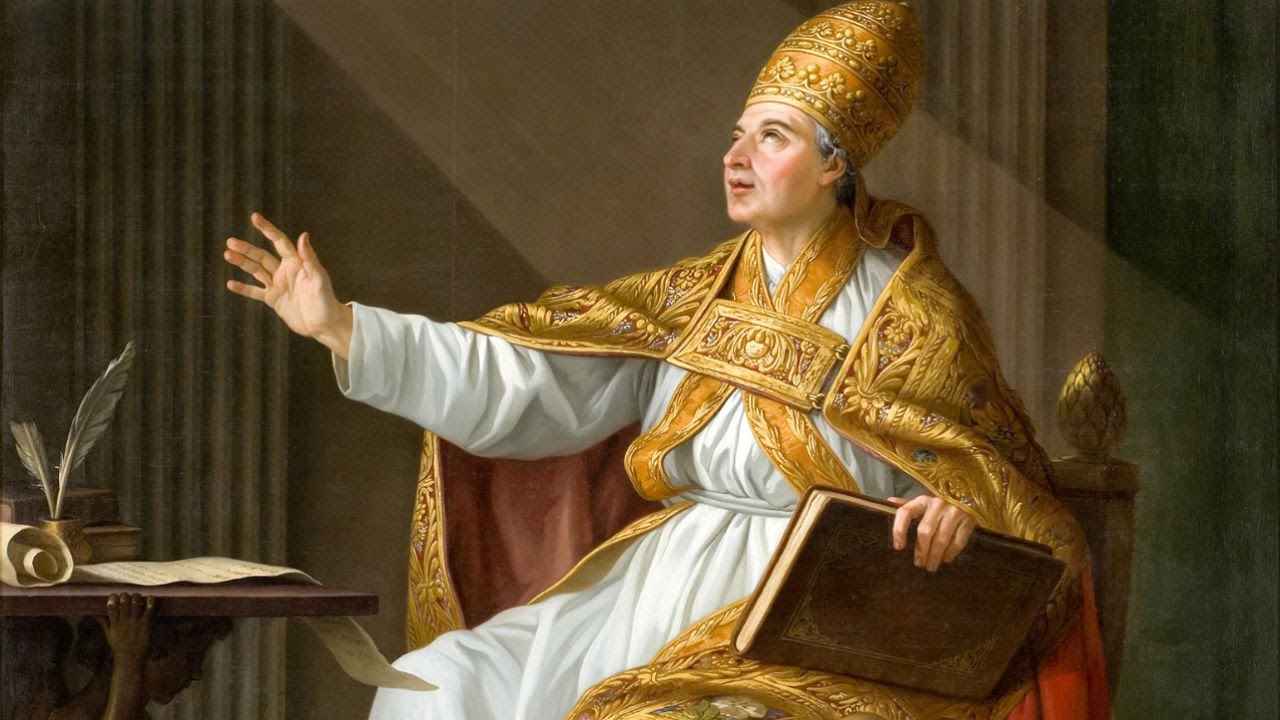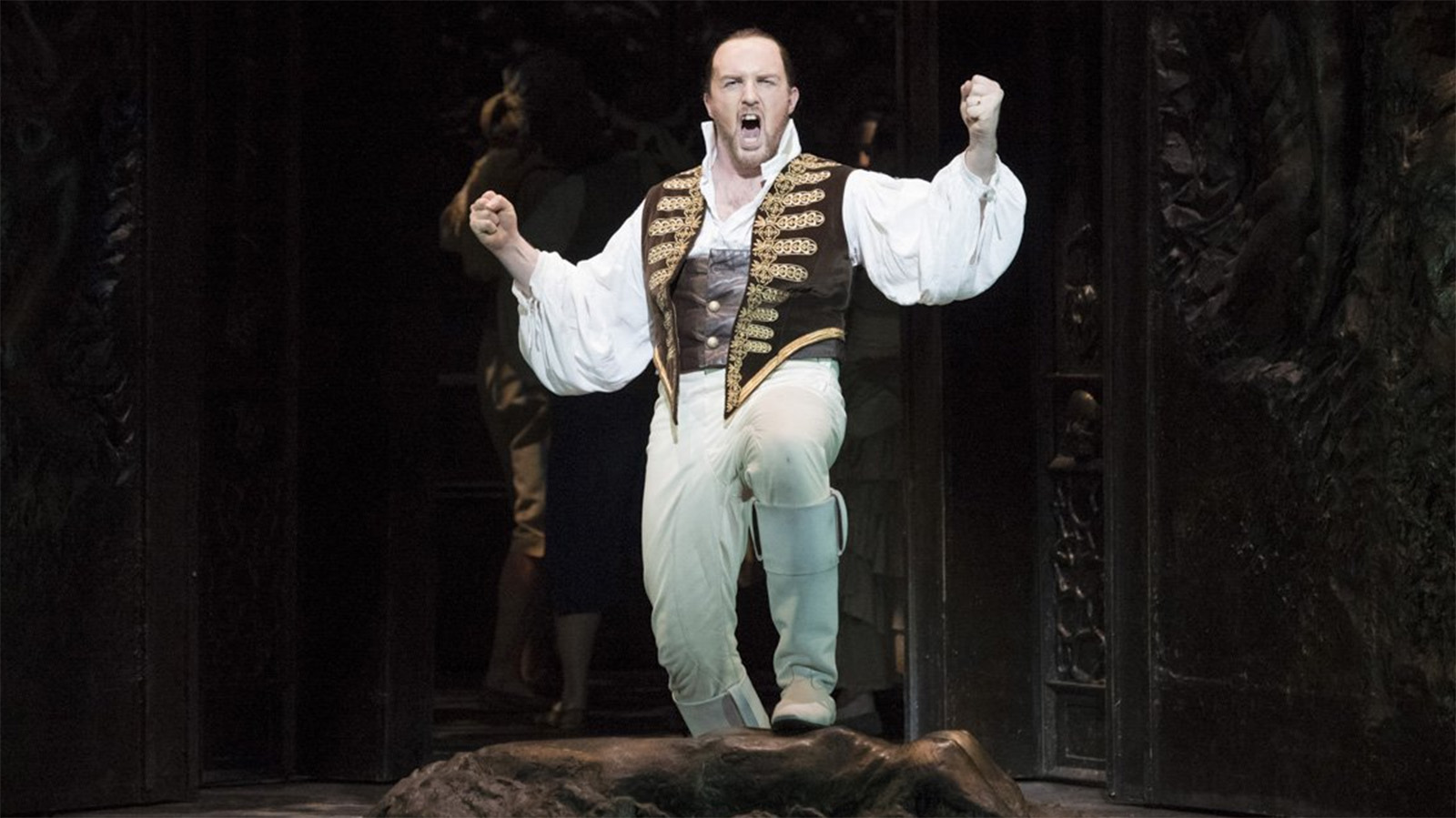Home>Events & Info>Opera>Who Composed The Opera Der Rosenkavalier?
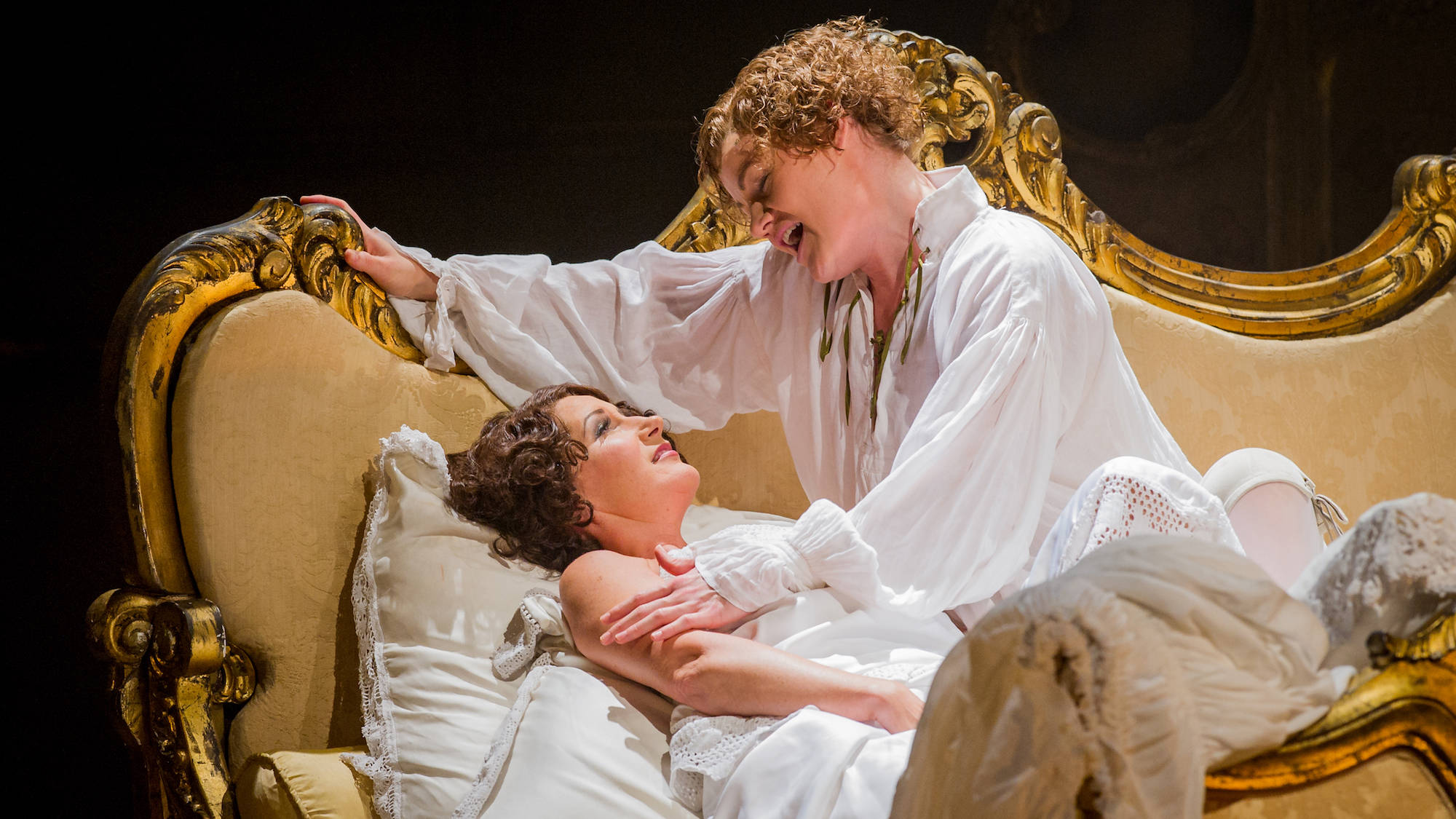

Opera
Who Composed The Opera Der Rosenkavalier?
Modified: February 24, 2024
Discover the composer of the captivating opera Der Rosenkavalier. Explore the enchanting world of this renowned opera and its musical brilliance.
(Many of the links in this article redirect to a specific reviewed product. Your purchase of these products through affiliate links helps to generate commission for AudioLover.com, at no extra cost. Learn more)
Table of Contents
Introduction
Opera is a form of art that combines music, theater, and storytelling to create a truly immersive experience. Among the vast repertoire of operas, there are some that have stood the test of time, captivating audiences for generations. One such opera is “Der Rosenkavalier.”
“Der Rosenkavalier” is a German opera composed by Richard Strauss, a prominent figure in the late Romantic and early modern eras of classical music. This opera, with its beautiful music, compelling storyline, and memorable characters, has endeared itself to opera lovers around the world.
In this article, we will delve into the world of “Der Rosenkavalier” and explore its origins, the genius behind its composition, the captivating story it tells, and the enduring legacy it has established.
Whether you are a seasoned opera enthusiast or someone seeking an introduction to this magnificent art form, join us as we unravel the enchanting world of “Der Rosenkavalier.”
Richard Strauss: The Composer
Richard Strauss, born in 1864 in Bavaria, Germany, was a prolific and influential composer of the late 19th and early 20th centuries. He is regarded as one of the foremost figures in the development of modern classical music.
Strauss began his musical journey at a young age, showing prodigious talent as a composer and conductor. He studied music extensively and was mentored by notable composers such as Hans von Bülow and Franz Liszt.
One of Strauss’s defining characteristics as a composer was his ability to blend traditional tonal structures with innovative harmonies and orchestrations. He is known for his rich and lush soundscapes and his masterful handling of complex musical forms.
Strauss’s career reached new heights with the composition of his operas, which showcased his exceptional skills in writing for the human voice. He had a keen understanding of dramatic pacing and character development, bringing his operatic works to life with captivating melodies and emotionally charged music.
Despite his innovative approach to composition, Strauss maintained a deep respect for tradition, drawing inspiration from classical composers such as Mozart and Wagner. This mixture of old and new elements became a hallmark of his style.
Throughout his career, Strauss composed a wide range of works, including symphonic poems, tone poems, concertos, and chamber music. However, it is his operas that remain some of his most enduring and celebrated contributions to the world of music.
Strauss’s incredible talent and unwavering dedication to his craft earned him acclaim not only in his lifetime but also posthumously. His works continue to be performed in opera houses and concert halls worldwide, solidifying his status as one of the most influential composers of the 20th century.
The Story of Der Rosenkavalier
Der Rosenkavalier is a romantic comedy opera that takes place in Vienna during the 18th century. The story revolves around the love triangle between the respected Field Marshal, Baron Ochs auf Lerchenau, the young and beautiful Octavian, and the sophisticated Marschallin.
The opera opens with Octavian, who is the Rosenkavalier, delivering a silver rose to the fair Sophie von Faninal on behalf of Baron Ochs, who wishes to court her. However, upon seeing Sophie, Octavian is instantly smitten by her beauty and falls in love with her himself.
Meanwhile, the Marschallin, who is not only Ochs’s cousin but also his previous lover, realizes that her relationship with him is coming to an end. She accepts the reality of her fading youth and graciously allows Octavian and Sophie to pursue their love.
Amidst the romantic complications, the opera explores themes of love, aging, societal expectations, and the passage of time. It combines humor, drama, and tender moments to tell a story that is both entertaining and thought-provoking.
Throughout the opera, Strauss weaves a vibrant musical tapestry that captures the nuances of the characters and their emotions. The soaring melodies, intricate harmonies, and lush orchestrations all contribute to the overall dramatic impact of the story.
Der Rosenkavalier concludes with a grand and joyous finale, where Octavian and Sophie declare their love for each other and prepare for a future together. The Marschallin, now resigned to her role as a secondary figure, reflects on the transient nature of love and life.
The story of Der Rosenkavalier is a timeless tale of love, temptation, and the complexity of human relationships. It reminds us of the fleeting nature of youth and the inevitability of change. With its captivating storyline and beautiful music, this opera continues to enthrall audiences with its charm and emotional depth.
The Origin and Creation of Der Rosenkavalier
Der Rosenkavalier, composed by Richard Strauss, originated from a collaboration between Strauss and the renowned Austrian playwright and librettist, Hugo von Hofmannsthal. The two artists shared a mutual interest in creating a contemporary opera that would showcase the beauty and elegance of Vienna’s imperial past.
Hofmannsthal drew inspiration from a literary work by the French writer, Louvet de Couvray, titled “Le Chevalier à la rose,” which served as the basis for the opera’s storyline. Together, Strauss and Hofmannsthal transformed the original narrative into a captivating opera that would soon make its mark in the world of music.
The creation of Der Rosenkavalier was a collaborative effort between Strauss and Hofmannsthal. They worked closely together to ensure that the music and libretto seamlessly complemented each other, creating a cohesive and emotionally resonant piece of art.
The composition process took several years, with Strauss meticulously crafting each musical element to capture the essence of the story and characters. He expertly interwove melodies, harmonies, and orchestration to enhance the drama and emotion of the opera.
Der Rosenkavalier premiered on January 26, 1911, at the Königliches Opernhaus in Dresden, Germany, to immediate critical acclaim. The opera’s rich melodies, inventive orchestrations, and nuanced character portrayals resonated strongly with audiences, solidifying its place as one of Strauss’s most beloved works.
Since its premiere, Der Rosenkavalier has been performed countless times across the globe, captivating audiences with its captivating storyline, engaging characters, and lush music. It has become a staple of the opera repertoire and continues to be celebrated for its artistic brilliance and enduring appeal.
The opera’s success can also be attributed to the dedication and talent of the performers involved. Over the years, legendary singers and conductors have lent their artistry to bring the characters and the music of Der Rosenkavalier to life, contributing to its lasting legacy in the world of opera.
The origin and creation of Der Rosenkavalier highlight the collaborative genius of Strauss and Hofmannsthal. Their combined artistic vision and attention to detail resulted in an opera that not only enraptured audiences but also showcased the beauty and grandeur of Vienna’s cultural heritage.
The Cast of Characters in Der Rosenkavalier
Der Rosenkavalier features a diverse and intriguing cast of characters, each playing a vital role in the unfolding drama. Let’s meet the key characters that bring this opera to life:
- Marschallin: The Marschallin, also known as Princess Marie Thérèse von Werdenberg, is a noblewoman and the central character of the opera. She is elegant, graceful, and torn between her love for the young Octavian and her duty to society.
- Octavian: Octavian, also known as Count Rofrano, is a young and handsome aristocrat. He is in love with the Marschallin but finds himself torn when he meets and falls for Sophie. Octavian is a complex character who experiences a range of emotions throughout the opera.
- Sophie von Faninal: Sophie is a young and innocent girl who becomes the object of Octavian’s affections. She is engaged to Baron Ochs but finds herself captivated by Octavian’s charm and falls in love with him.
- Baron Ochs auf Lerchenau: Baron Ochs, a boorish and aging nobleman, is engaged to Sophie. He enlists Octavian as the Rosenkavalier to present a silver rose to Sophie on his behalf. However, his plans are disrupted when Octavian’s feelings for Sophie become apparent.
- Marie-Thérèse (Mariandel): Marie-Thérèse is Octavian’s disguise as a chambermaid. In this playful and comedic role, Mariandel flirts with Baron Ochs to further complicate the love triangle.
- Valzacchi and Annina: Valzacchi and Annina are a devious pair who serve as messengers and spies. They are often involved in schemes and add a touch of intrigue to the opera.
These characters, with their complex emotions, desires, and interrelationships, create a captivating web of love, deception, and intrigue within the world of Der Rosenkavalier. Each character brings a unique perspective and contributes to the development of the storyline, making the opera a rich and immersive experience for both performers and audiences alike.
The Music of Der Rosenkavalier
The music of Der Rosenkavalier is a masterpiece in itself, showcasing Richard Strauss’s exceptional talent as a composer. Through his intricate orchestration, lyrical melodies, and expressive harmonies, Strauss weaves a musical tapestry that seamlessly complements the opera’s storyline and characters.
The score of Der Rosenkavalier is rich and sumptuous, capturing the essence of Viennese elegance and charm. The lush soundscapes created by the full orchestra transport the audience to the opulent world of 18th-century Vienna.
One notable musical element of Der Rosenkavalier is its use of leitmotifs. These recurring musical themes are associated with specific characters, emotions, or events in the opera. For example, the soaring melody that represents the Marschallin embodies her elegance and inner turmoil, while the lively and playful motifs accompany the antics of Baron Ochs.
The vocal writing in Der Rosenkavalier is equally impressive. Strauss skillfully crafts melodies that showcase the range and expressiveness of the singers’ voices. The music captures the characters’ emotions, whether it be the soaring duets between Octavian and Sophie as they express their love or the heartbreaking solos of the Marschallin as she contemplates the passage of time.
Furthermore, Strauss’s use of harmony is both innovative and emotive. He blends traditional tonal structures with chromaticism and dissonance, creating a harmonic language that reflects the complex emotions and conflicts within the opera’s narrative. The evolving harmonies mirror the characters’ changing relationships and add depth to the overall musical experience.
In addition to the vocal and orchestral elements, Der Rosenkavalier also features some delightful ensemble pieces. The opera includes charming trios, quartets, and even larger-scale ensemble numbers, where multiple characters interact musically, adding richness and complexity to the overall sound.
The music of Der Rosenkavalier is a testament to Strauss’s mastery as a composer. It effortlessly transports the audience into the world of the opera, evoking a range of emotions and enhancing the storytelling. From tender and intimate moments to grand and triumphant climaxes, the music of Der Rosenkavalier captivates listeners and contributes to the opera’s enduring popularity.
The Reception and Legacy of Der Rosenkavalier
Upon its premiere in 1911, Der Rosenkavalier was an immediate success, captivating audiences and critics alike. Its lush music, witty libretto, and engaging storyline resonated strongly with opera-goers, solidifying its reputation as one of the greatest operas of all time.
Since its premiere, Der Rosenkavalier has consistently remained in the repertoire of opera houses around the world. Its enduring popularity can be attributed to the timeless themes it addresses – love, aging, and the complexities of human relationships. The opera strikes a perfect balance between comedy and drama, making it relatable and enjoyable for audiences of all generations.
Furthermore, the opera’s social commentary and portrayal of Vienna’s aristocratic society have fascinated scholars and theater enthusiasts for decades. It offers a glimpse into the fading grandeur of the Habsburg Empire and serves as a commentary on the changing social dynamics of the time.
The legacy of Der Rosenkavalier goes beyond its initial reception and continued performances. It has inspired numerous adaptations, including film versions and stage productions that have brought its story to new audiences. Its captivating music has also been recorded by countless orchestras and renowned singers, ensuring that its beauty continues to be celebrated long after its premiere.
Der Rosenkavalier has firmly established itself as one of Richard Strauss’s greatest achievements, showcasing his compositional genius and deep understanding of storytelling through music. It stands as a testament to the power of opera to connect with audiences on an emotional level and to captivate with its combination of music, drama, and spectacle.
Additionally, the cultural significance of Der Rosenkavalier extends beyond the world of music. It has become a symbol of Viennese musical tradition and sophistication, representing the rich cultural heritage of Austria. The opera continues to draw visitors to Vienna, where they can experience its magic in the very city that inspired its creation.
Der Rosenkavalier’s enduring popularity and lasting legacy make it a true testament to the power of opera as an art form. Its themes, music, and characters have fascinated and moved audiences for over a century, solidifying its place as a beloved masterpiece of the operatic repertoire.
Conclusion
Der Rosenkavalier is an opera that transcends time and continues to captivate audiences with its compelling story, exquisite music, and enduring legacy. Richard Strauss’s masterful composition, paired with Hugo von Hofmannsthal’s insightful libretto, creates a harmonious blend of words and music that leaves a lasting impression on anyone who experiences it.
From its origin in the collaborative efforts of two artistic geniuses to its reception as an instant classic, Der Rosenkavalier has secured its place among the greatest operas ever written. Its themes of love, aging, and societal expectations resonate with audiences, offering insights into the complexities of human relationships and the passage of time.
The rich and sumptuous music of Der Rosenkavalier showcases Strauss’s ability to create stirring melodies, intricate harmonies, and vivid orchestrations that transport listeners to the opulence of 18th-century Vienna. The opera’s enduring popularity and continued presence in opera houses worldwide is a testament to its timeless appeal.
Der Rosenkavalier has left a profound legacy, not only within the realm of opera but also in the broader cultural landscape. Its themes and characters have inspired adaptations on film and stage, ensuring its story reaches new audiences through different mediums.
Furthermore, the opera’s portrayal of Vienna’s aristocratic society reflects a bygone era and serves as a social commentary that continues to fascinate scholars and theater enthusiasts alike. Der Rosenkavalier remains a symbol of Viennese musical tradition and cultural heritage, drawing visitors to the city where it was born.
In conclusion, Der Rosenkavalier stands as a testament to the power of opera to transcend time and connect with audiences on an emotional level. Its timeless story, beautiful music, and intricate characters have secured its place as a masterpiece in the operatic repertoire. Whether you are an opera aficionado or new to the genre, experiencing the enchanting world of Der Rosenkavalier is an immersive and unforgettable journey into the heart of classical music.

